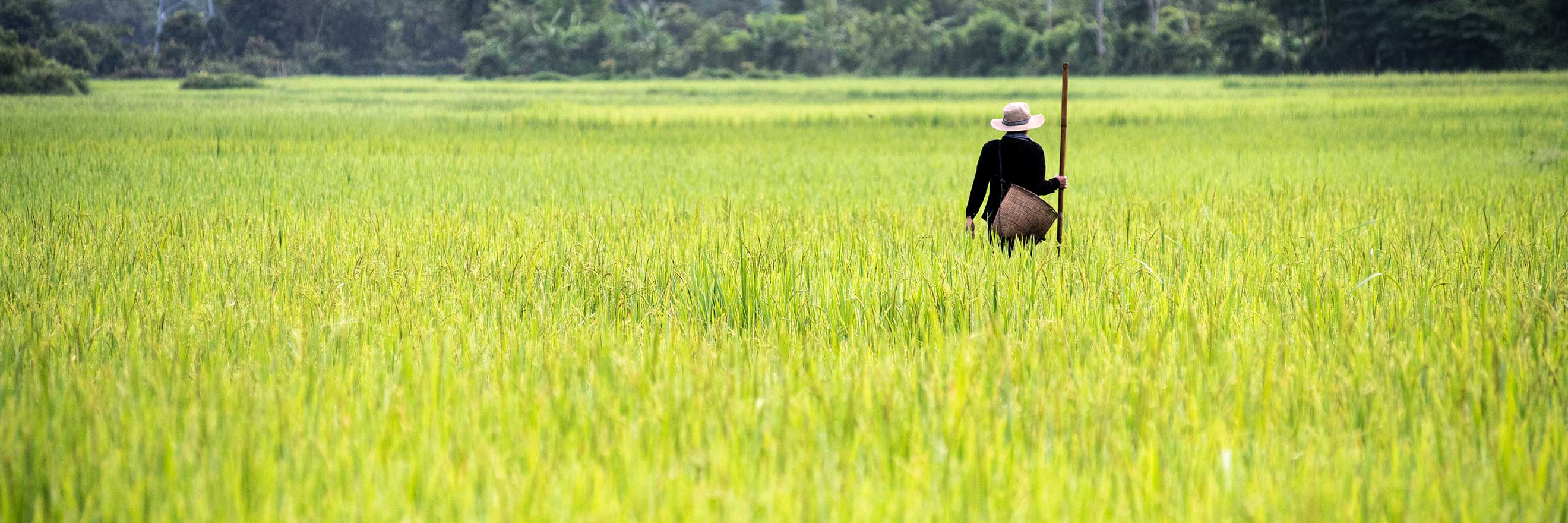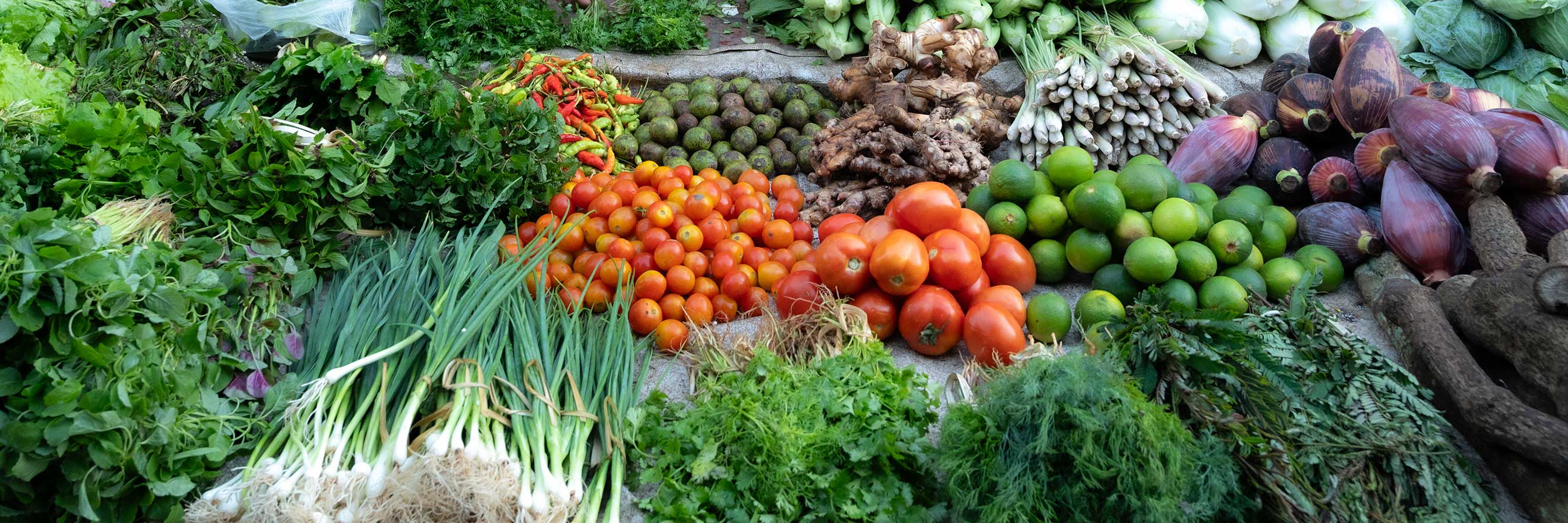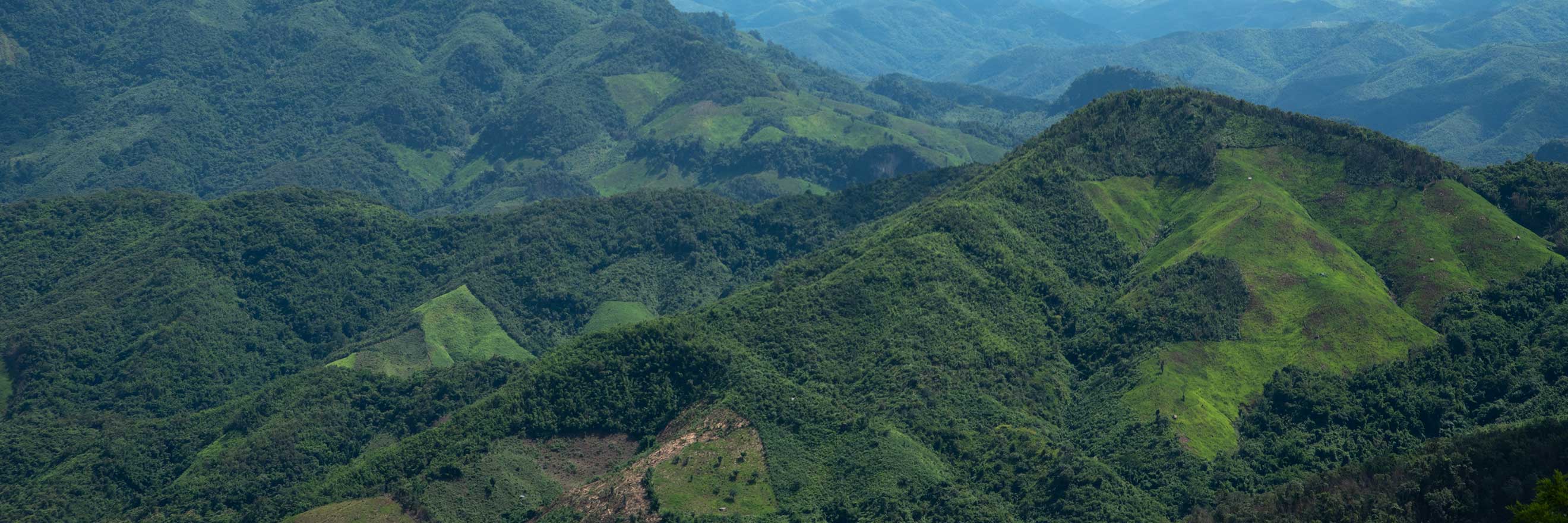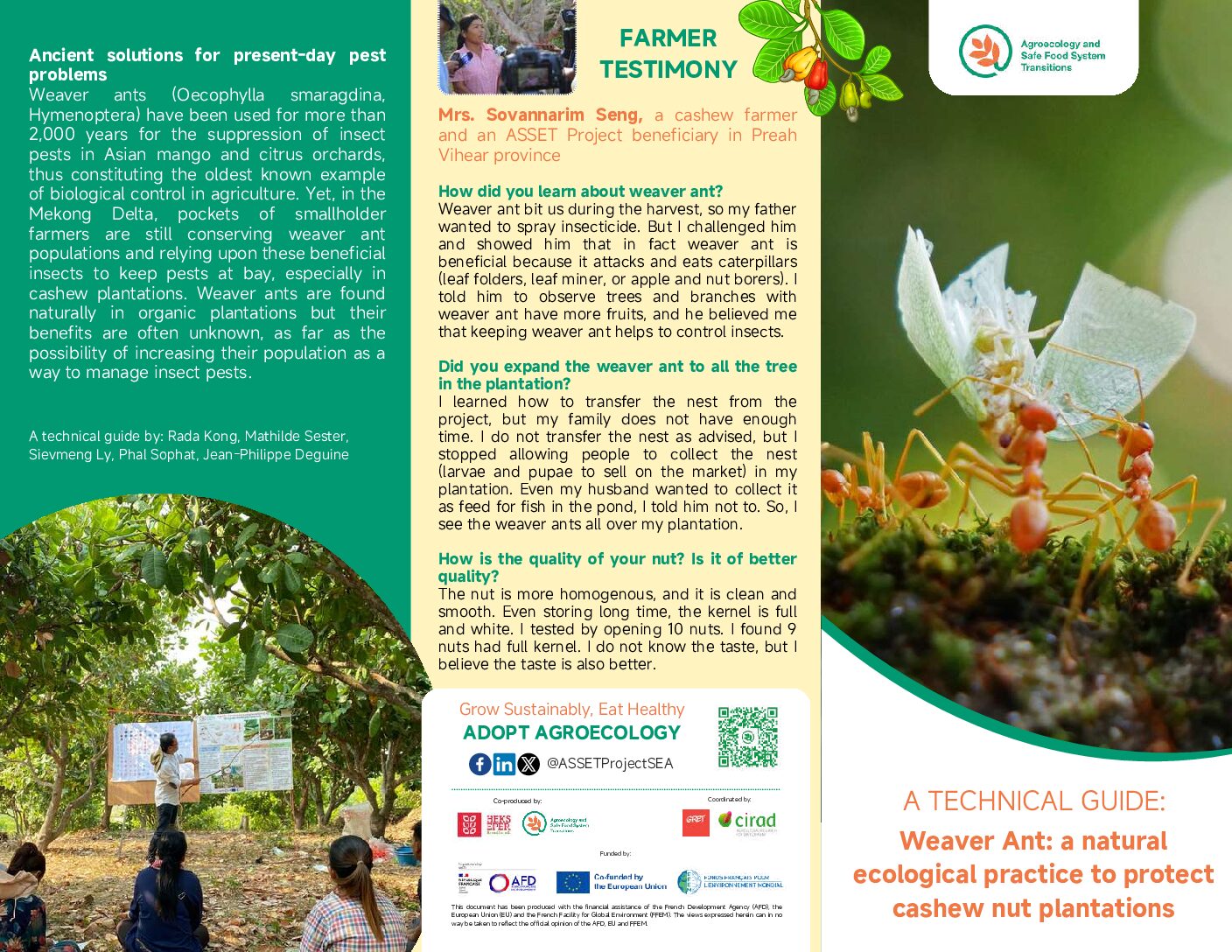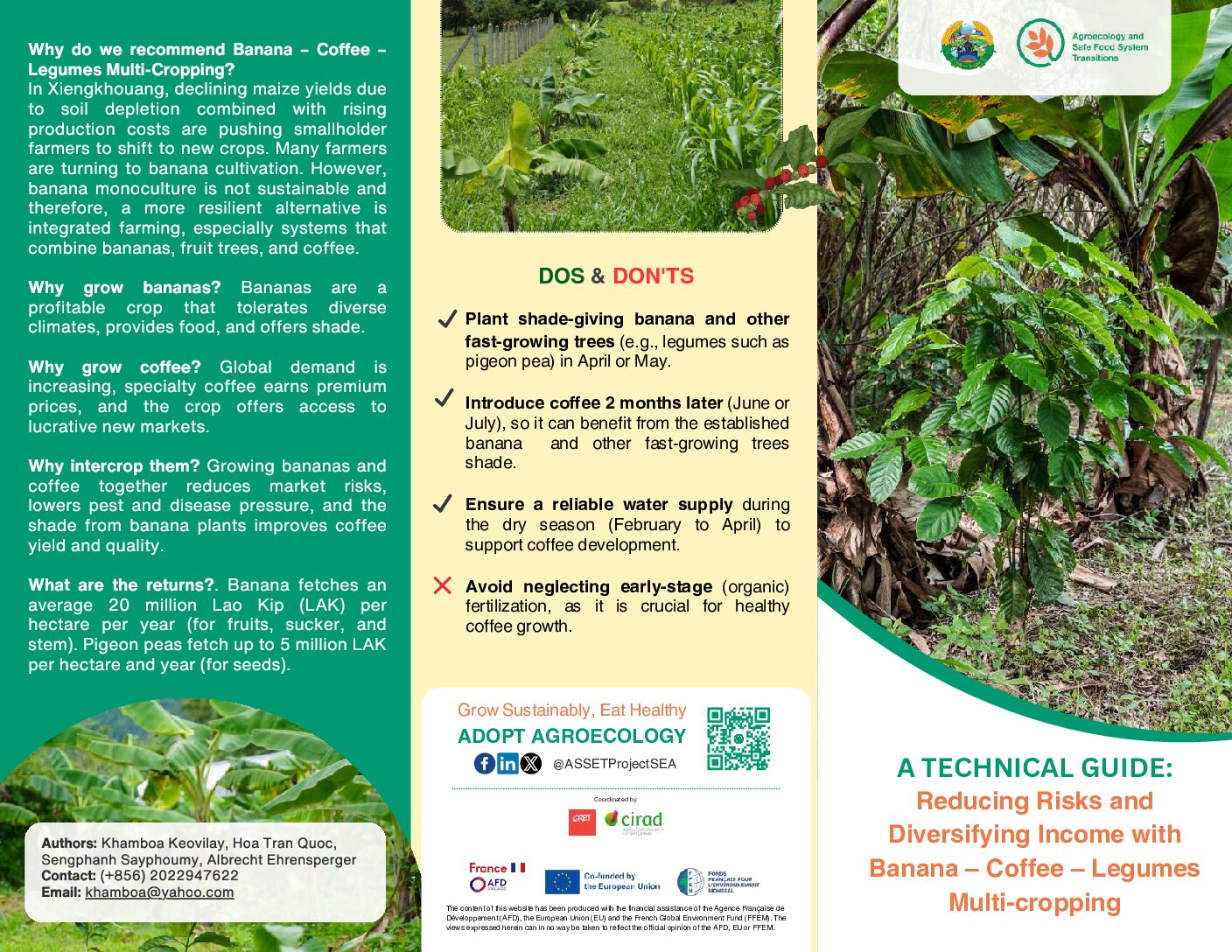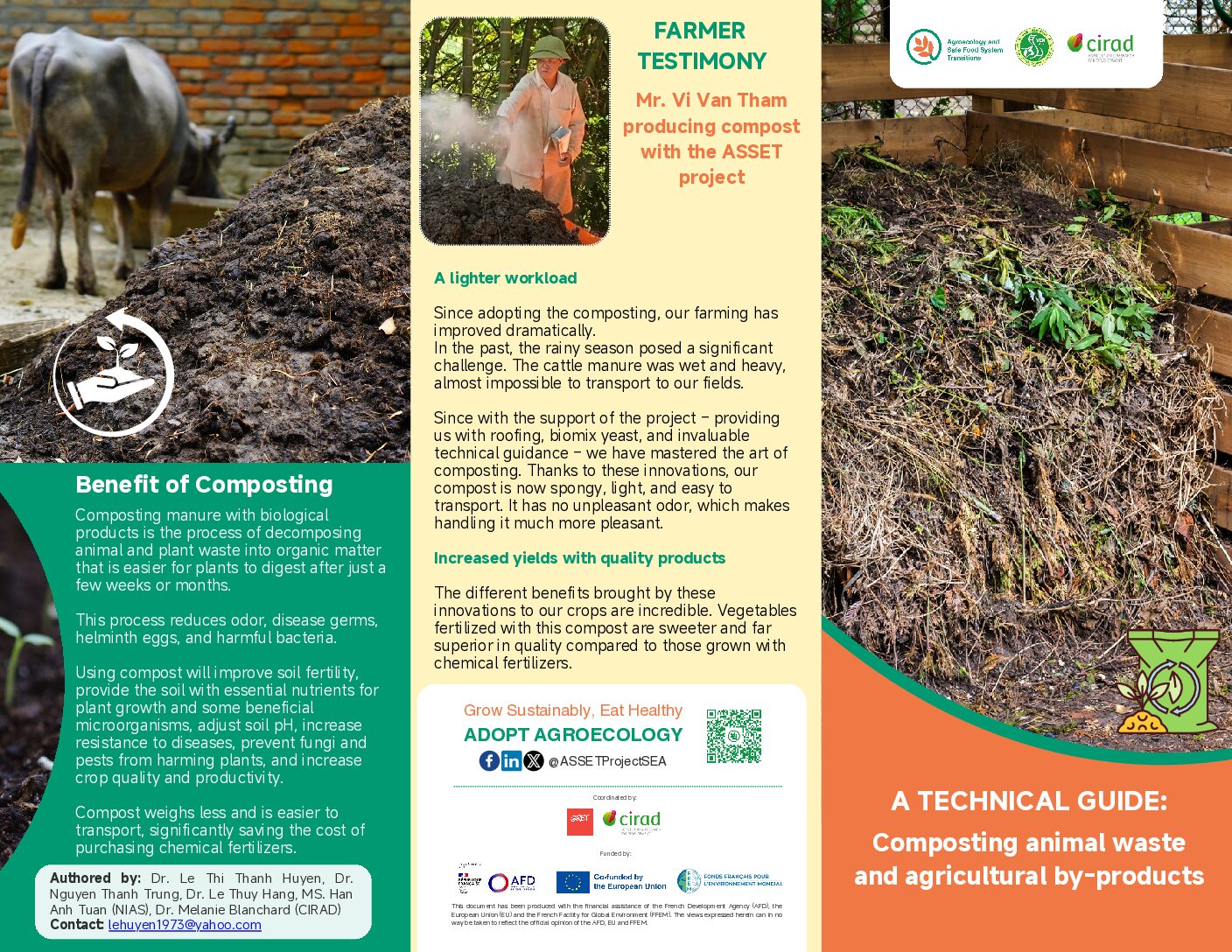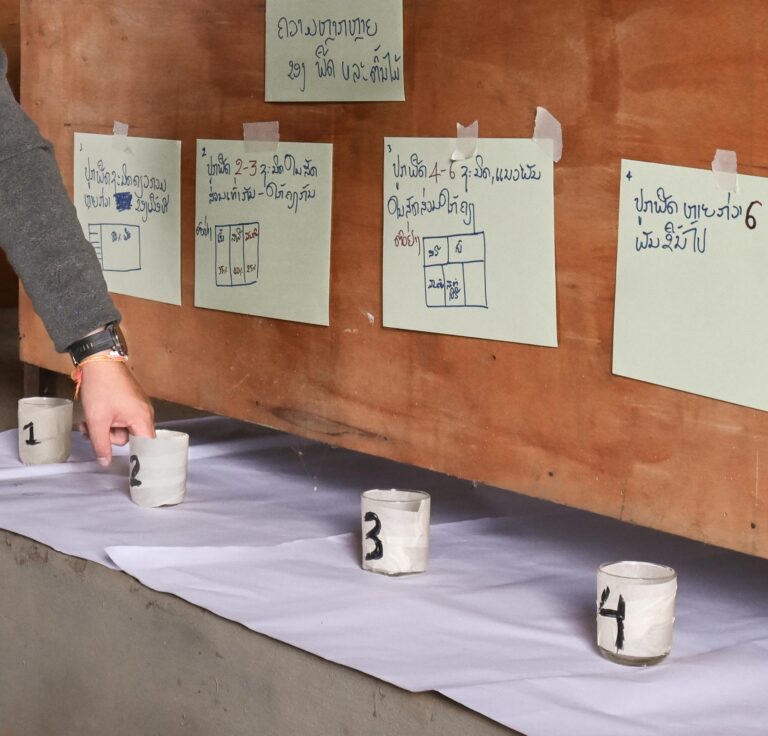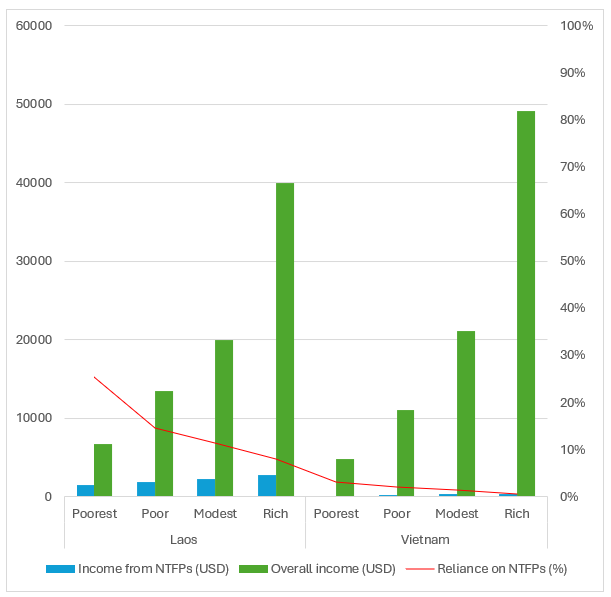Strengthening multi-stakeholder agroecology platforms in Vietnam: A landscape analysis
Using multi-stakeholder platforms offers a promising approach for sharing agricultural innovation, reducing transaction costs, and catalyzing development through stimulating stakeholder engagement in the innovation process to accelerate food systems transformation. Agriculture-related multi-stakeholder platforms (AMSPs) are major players to intervention strategies of agricultural development programs. However, AMSPs face multiple challenges that limit and negatively impact their functions. This study aims to map the AMSP landscape, examine their operational activities, and provide recommendations for strengthening private- and public-sector engagement to support long-term agricultural sustainability in Vietnam. The study used a three-step qualitative research approach to identify AMSPs and subsequently collected secondary and primary data. Results reveal three types of AMSPs classified from 35 identified platforms: (i) development organization-led, (ii) civil society organization (CSO)-led, and (iii) government organization-led platforms. Their main characteristics were then investigated according to the four basic dimensions of organizational theory: structural, contextual, operational, and relational aspects. Next, the study analyzed the influence of each AMSP type on agricultural policies and practices, including those integrating agroecological approaches. The study then examined each AMSP’s achievements and challenges related to AMSP impact and sustainability, together with the constraints related to private- and public-sector engagement, and incentives and investment in agroecological transition. This landscape analysis has identified various mechanisms and possibilities for the Agroecological TRANSITIONS Program — and other related sustainable approach projects — to engage with these AMSPs. This collaboration will stimulate a process for the co-design and co-creation of innovative incentive mechanisms to leverage investment, support the use of holistic traceability tools, and scale-out agroecological practices in rice value chains in Vietnam.







